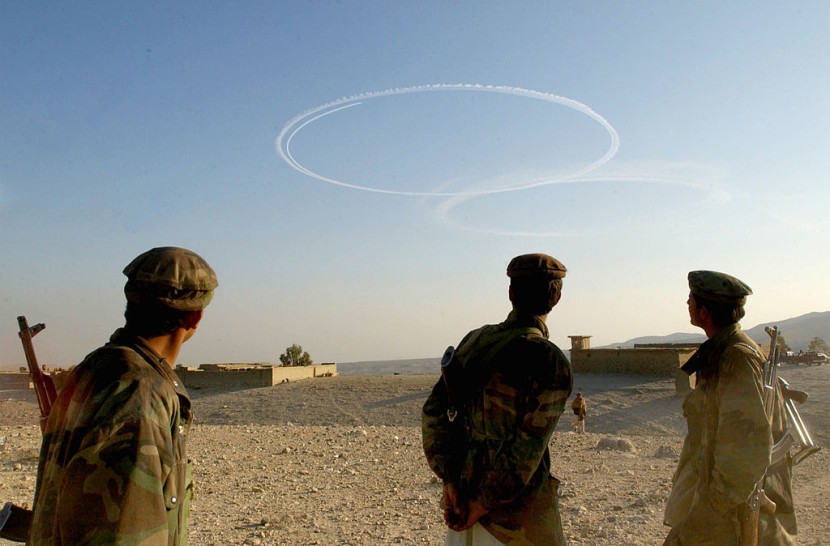
The Taliban announced a three-day ceasefire in Afghanistan on Monday for this week's Eid al-Fitr holiday. The declaration came two days after the government blamed the rebels for bombings outside a school that recorded initial 50 civilians deaths, mainly young girls.
Ceasefire for the Eid al-Fitr holiday
"From the first to the third day of Eid, Mujahideen of the Islamic Emirate are ordered to cease all offensive operations against the enemy countrywide," the Taliban said in a statement, as per AFP via MSN. The holiday of Eid al-Fitr commemorates the culmination of the Muslim fasting month of Ramadan, and it starts with the sighting of the new moon.
The government blamed the Taliban for an attack outside a girls' school in Dasht-e-Barchi, a capital suburb dominated by the Shiite Hazara group, often attacked by radical Sunni Islamist militants. The Taliban denied involvement in the bombing, which is the country's worst in over a year. Despite crumbling peace talks between the Taliban and the Afghan government to end a decades-long insurgency, the US continues to withdraw its last 2,500 troops from the violence-wracked country.
Fraidoon Khwazoon, a spokesman for Abdullah Abdullah, Afghanistan's High Council for National Reconciliation chairman, which oversees the peace process, said the organization supported the Taliban's ceasefire declaration. President Ashraf Ghani's spokesmen were unable to comment about whether the ceasefire would be observed.
Peace talks between the warring sides started last year in Doha, Qatar's capital. But have made minor gains, and conflict has increased. Since Washington declared plans last month to withdraw all US troops by September 11, Kabul has been on high alert. Afghan officials reported that the Taliban increased attacks across the country due to the decision.
Death rose to 68 in connection with the Afghan school bomb attack
Officials said on Sunday that the death toll from a bomb attack outside a school in Kabul, Afghan's capital, has risen to 68, with doctors battling to care for 165 injured patients and families looking urgently for their children. Explosions rocked the Dasht-e-Barchi neighborhood on Saturday evening, home to a significant population of Shi'ites from the Hazara ethnic minority who the Islamic State has previously attacked, a Sunni militant group.
As students ran out in terror, a car bomb exploded in front of the Sayed Al-Shuhada campus, followed by two more explosions. The majority of those killed, according to officials, were schoolgirls. Some parents were also looking for their children in hospitals.
"The first explosion was strong and occurred so close to the children that some of them were not found," said an Afghan official who did not want to be identified. According to Reuters, all of the victims were schoolgirls returning home after finishing their studies.
On Sunday, residents and police officers gathered books and school bags strewn around a blood-streaked road now clogged with shoppers in preparation for the Eid al-Fitr holidays next week. President Ashraf Ghani blamed rebels for the attack on Saturday, but a Taliban spokesman denied responsibility and condemned all violence on Afghan civilians.
In comments to pilgrims in St. Peter's Square in Vatican City on Sunday, Pope Francis dubbed the attack the "inhuman act." The attack was also condemned by UN Secretary-General Antonio Guterres, who extended his condolences to the families of the victims and the Afghan government and citizens.
Victims' families criticized the government and Western powers for failing to stop the terrorism and the continuing conflict. As the first burials took place in the city's west, bodies were also recovered from morgues. Several families gathered outside hospitals to read names written on the walls and visit morgues searching for missing relatives, NY Post reported.
Read Article: North Korea Claims COVID-19 Could Enter Via South's Propaganda Leaflets Sent Through Balloons
@YouTube








